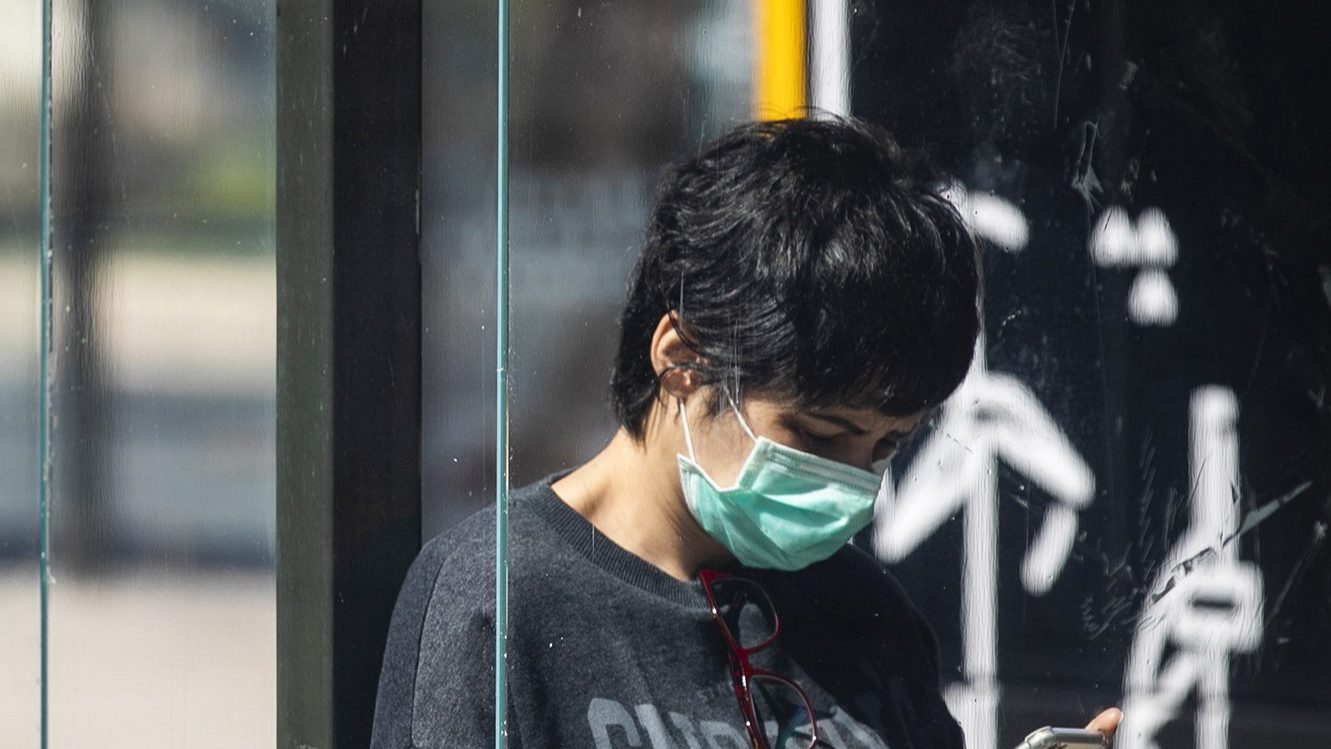Portugal experiencing “more complex situation in controlling pandemic” – Minister
The Portuguese health minister acknowledged that the country is experiencing a more complex situation in controlling the Covid-19 pandemic than previously.
Portugal’s health minister, Marta Temido, on Monday acknowledged that Portugal is experiencing a more complex situation in controlling the Covid-19 pandemic compared to the two previous peaks and warned that further effort is indispensable.
The work of identifying people according to age and medical conditions is still ongoing, according to the minister, as well as the preparation of possible additional vaccination centres to speed up the process.
“The country has already expressed its interest in the additional vaccine quantities which have been reported. We need to continue our joint effort to purchase more and then complete the process,” she said, alluding to the European Commission’s reserve of a further 300 million doses, of which Portugal would be entitled to around six million, with the purchase of 22 million doses already being contracted.
The exponential growth in the number of cases in the last week has also been marked by an increase in the number of outbreaks in old people’s homes. Asked about the effects this is having on the vaccination process, Marta Temido said it is a race against time.
“By the end of last week, when we finished administering the doses we had available, we had managed to administer vaccinations in 165 residential care facilities for the elderly and units of the integrated long-term care network. In cases where there are outbreaks, vaccination is postponed while trying to keep people free from the virus until vaccination,” she stressed.
However, she called for people to remain safe at a time when there is enormous pressure on the health system due to new cases.
The vaccination plan against Covid-19 in Portugal began on December 27 in hospitals, covering health professionals, and has already extended to old people’s homes.
The first phase of the plan, until the end of March, also covers the armed forces, security forces and critical services. In this phase, people aged 50 or over with at least one of the following pathologies will also be vaccinated as of February: heart failure, coronary disease, renal failure or chronic respiratory disease under ventilatory support and/or long-term oxygen therapy.
The second phase starts in April and includes people aged 65 or more and people between 50 and 64 years old, with at least one of the following pathologies: diabetes, active malignant neoplasia, chronic renal disease, hepatic insufficiency, hypertension, obesity and other diseases with a lower prevalence that may be defined later, according to scientific knowledge.
In the third phase, the remaining population will be vaccinated, on a date to be determined. People to be vaccinated throughout the year will be contacted by the national health service (SNS).


